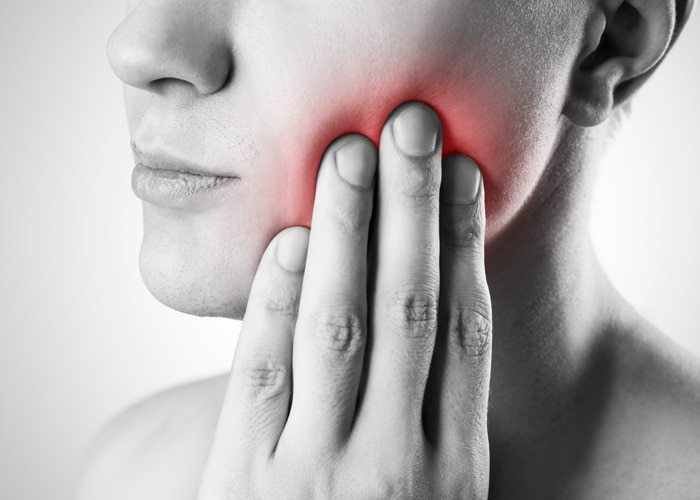Some people will never go to the dentist’s office unless they feel pain. After all, they reason, why should they go through the effort if there’s nothing wrong with their teeth? This is a very unfortunate attitude, one which puts you at serious risk of debilitating dental problems.
The fact is that, when it comes to tooth decay, you’re most likely not going to feel any pain until your cavity has penetrated all the way to the soft pulp at the center of the tooth. Once this happens, you’re past the point where you can benefit from a simple filling and will need a full root canal.
Indeed, if you need a filling, the only way to know for sure is to have a dental x-ray. This is why it is so important to go in for a dental checkup every six months. Don’t make the mistake of assuming that your teeth are healthy just because you don’t feel pain, and always keep your routine appointments with our dentist in Auburn.



